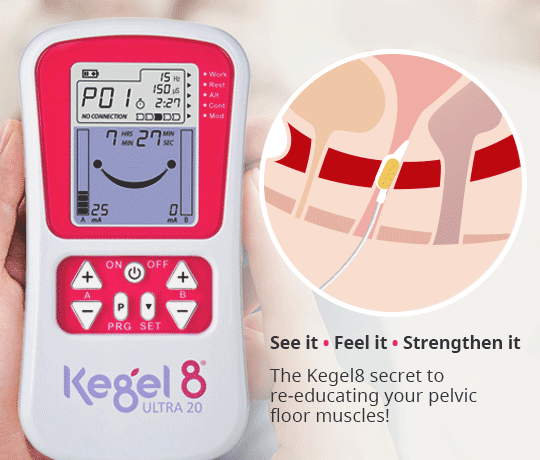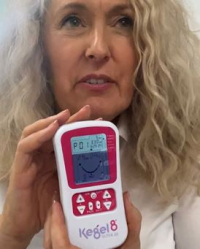
When you hear the word ‘menopause’ it’s hard not to picture a middle-aged woman facing hot flushes and night sweats. But, what happens when you experience the menopause at a considerably younger age?
6% of women enter an early menopause, either naturally, surgically or as a result of cancer treatment.
Early menopause, also known as premature menopause, occurs when a woman's ovaries stop functioning and her menstrual periods cease before the age of 40. This condition is different from natural menopause, which typically occurs around the age of 51, and it can have various causes and implications for a woman's health and well-being.
Causes of Early Menopause:
-
Primary Ovarian Insufficiency (POI): This is a common cause of early menopause, where the ovaries fail to produce normal levels of hormones and eggs. The exact cause of POI is often unknown, but it can be related to genetic factors, autoimmune disorders, or certain medical conditions.
-
Surgical Removal of Ovaries: If a woman undergoes a bilateral oophorectomy (removal of both ovaries) for medical reasons, it will result in immediate menopause, regardless of her age.
-
Chemotherapy or Radiation: Cancer treatments involving chemotherapy or radiation therapy can damage the ovaries and lead to early menopause.
-
Genetic Factors: In some cases, genetic mutations can be associated with early menopause. For example, women with certain genetic conditions like Turner syndrome or Fragile X syndrome may experience early ovarian failure.
-
Autoimmune Disorders: Certain autoimmune diseases, such as Hashimoto's thyroiditis or Addison's disease, can affect ovarian function and lead to early menopause.
-
Family History: A family history of early menopause might increase the likelihood of experiencing it.
Signs and Symptoms: Early menopause shares many symptoms with natural menopause, including hot flashes, night sweats, mood changes, vaginal dryness, and changes in menstrual patterns. Since early menopause occurs at a younger age, it can also have additional implications, such as fertility concerns for those who wish to have children.
Health Considerations: Early menopause can have health implications, as it increases the risk of certain conditions, such as osteoporosis (due to reduced estrogen levels) and heart disease. Hormone therapy may be recommended for managing menopausal symptoms and maintaining bone health, but its use should be carefully considered in consultation with a healthcare provider.
Fertility and Family Planning: For women who desire to have children, early menopause can present challenges. However, assisted reproductive technologies like in vitro fertilization (IVF) and egg freezing offer options for preserving fertility.
Consulting your GP or healthcare provider is essential if you suspect early menopause or experience changes in your menstrual cycle and menopausal symptoms before the age of 40. Early menopause is a complex condition that requires medical evaluation, appropriate management, and guidance based on individual circumstances.






